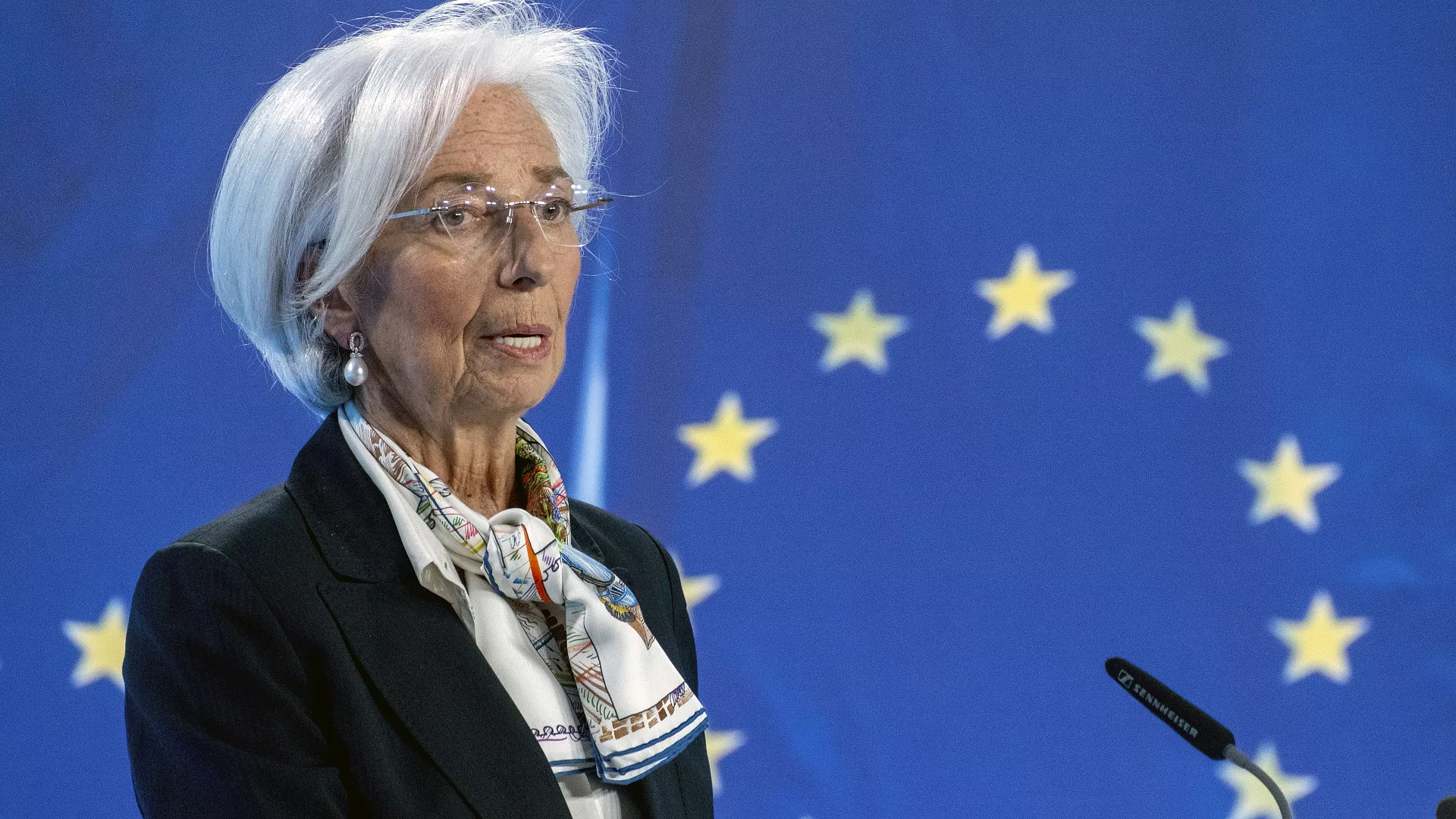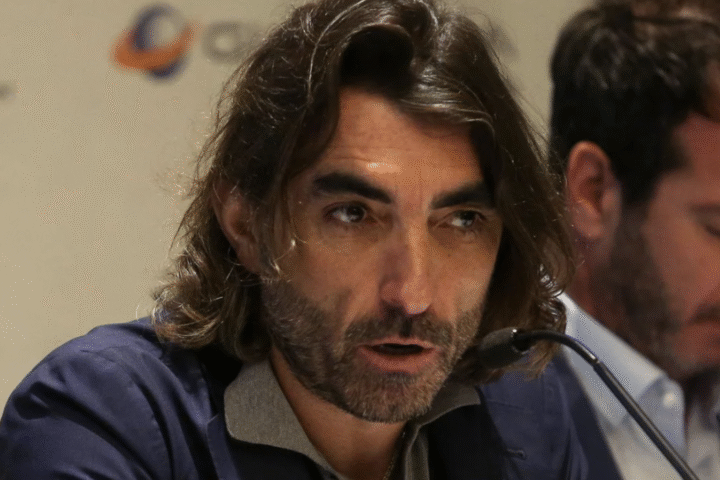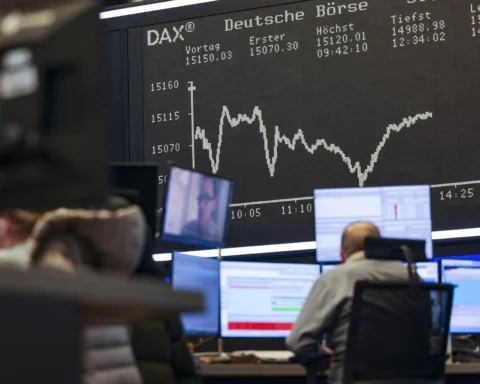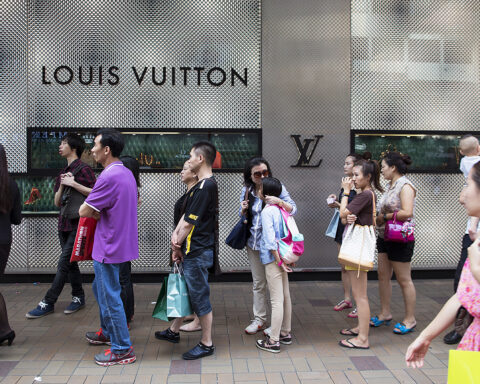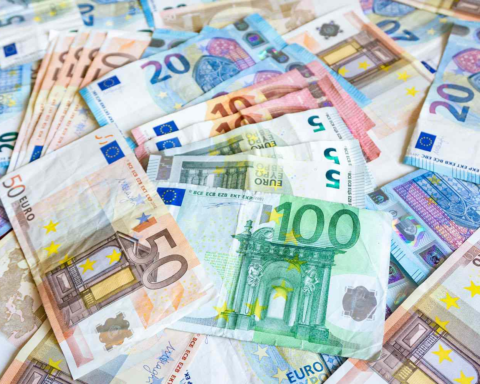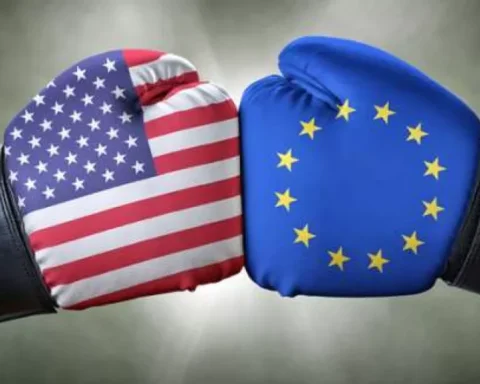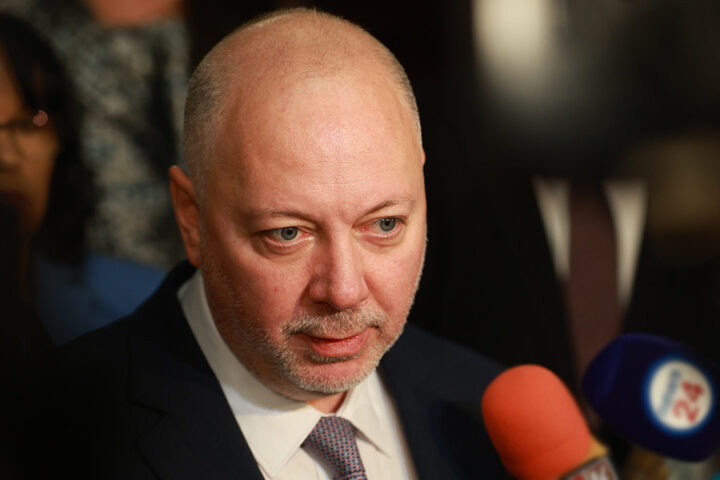European Central Bank President Christine Lagarde underscored the imperative role of private investment in propelling Europe’s green transition and fostering innovation during a Council on Foreign Relations meeting on Wednesday.
Highlighting the pressing need for approximately €600 billion annually to drive climate change mitigation efforts, Lagarde emphasized the indispensable contribution of private financial backing to facilitate these endeavors.
In addition to delving into the European economic landscape and addressing geopolitical challenges, Lagarde offered insights into various facets of the region’s economic dynamics.
Inflation Dynamics and Eurozone Economic Outlook:
Responding to inquiries about Europe’s comparatively better management of inflation vis-à-vis the United States despite grappling with elevated energy price shocks, Lagarde elucidated the nuanced nature of inflation dynamics, cautioning that the situation remains fluid.
She pointed to Europe’s commendable employment and unemployment rates, indicative of a resilient job market amidst prevailing economic uncertainties. Looking ahead, Lagarde expressed tempered optimism regarding the eurozone’s recovery trajectory, foreseeing gradual advancements through 2024.
Eurozone’s Growth Compared to the United States:
Addressing the substantial variance in economic growth rates between the eurozone and the United States, Lagarde cited multifaceted factors contributing to this discrepancy. She attributed the considerable growth disparity since 2008 to Europe’s encounter with a “second wave of crisis,” including the sovereign debt crisis, compounded by the absence of a fiscal union to complement its monetary framework.
Highlighting a stark productivity gap, Lagarde stressed the urgent need for comprehensive structural reforms and enhanced integration of the single market to bridge this chasm.
European Economic Independence and Global Geopolitical Challenges:
Against the backdrop of prevailing economic and geopolitical tumult, Lagarde underscored Europe’s potential to chart a more autonomous economic trajectory. Emphasizing the necessity of fostering robust, internally-focused financial infrastructure to bolster innovation and entrepreneurship within the continent, she advocated for private investment as a pivotal driver of Europe’s green transition.
Monetary Policy Amidst Market Challenges:
In response to queries regarding potential revisions to the ECB’s 2% inflation target, Lagarde reaffirmed her commitment to maintaining price stability, advocating for a measured approach to managing Europe’s inflation rates.
The Role of AI in Shaping Europe’s Future:
Reflecting on the transformative potential of artificial intelligence (AI) on productivity and labor markets, Lagarde acknowledged the accelerated pace of AI innovation, accentuating its multifaceted impact on societal dynamics. While recognizing AI’s potential benefits, she underscored the importance of vigilance in addressing associated risks, advocating for a balanced approach to harnessing its transformative power.
